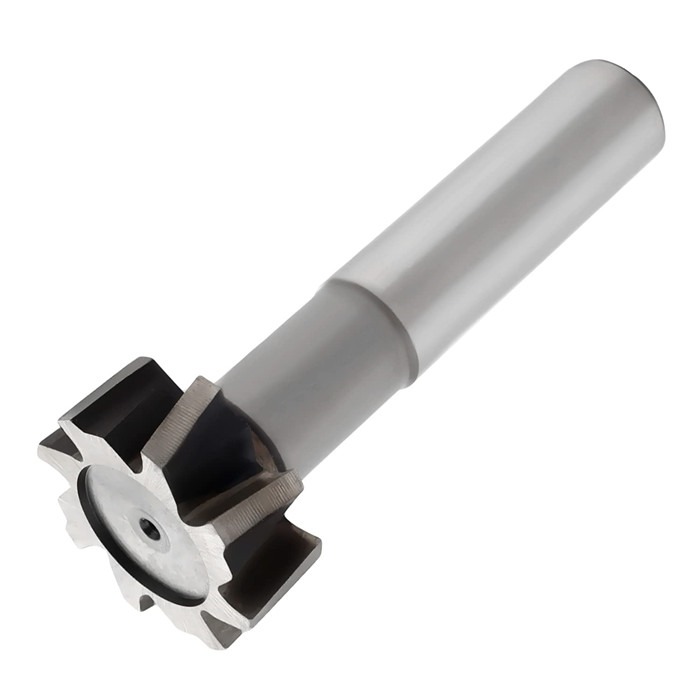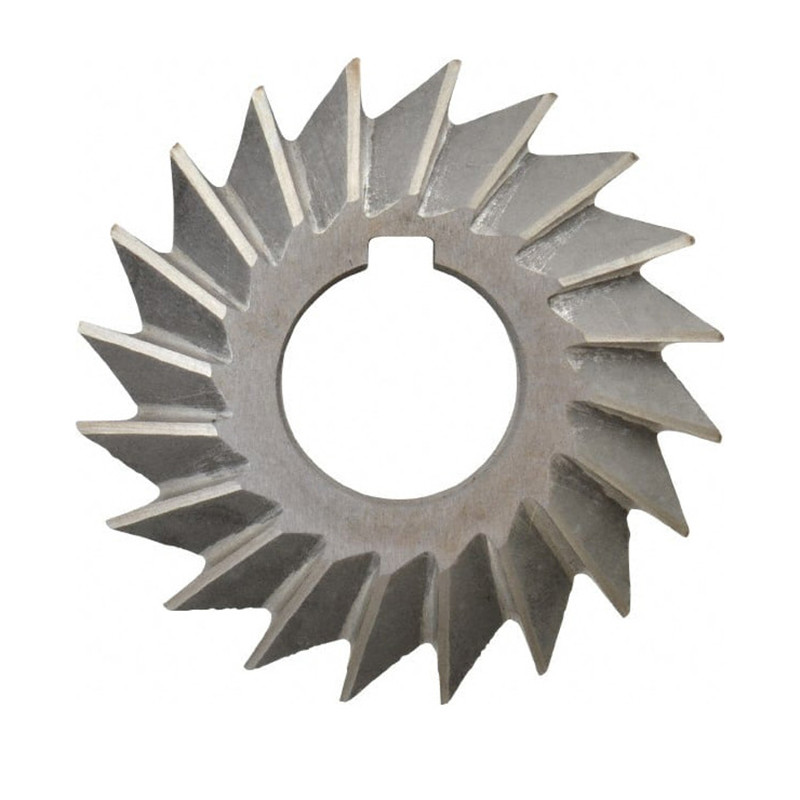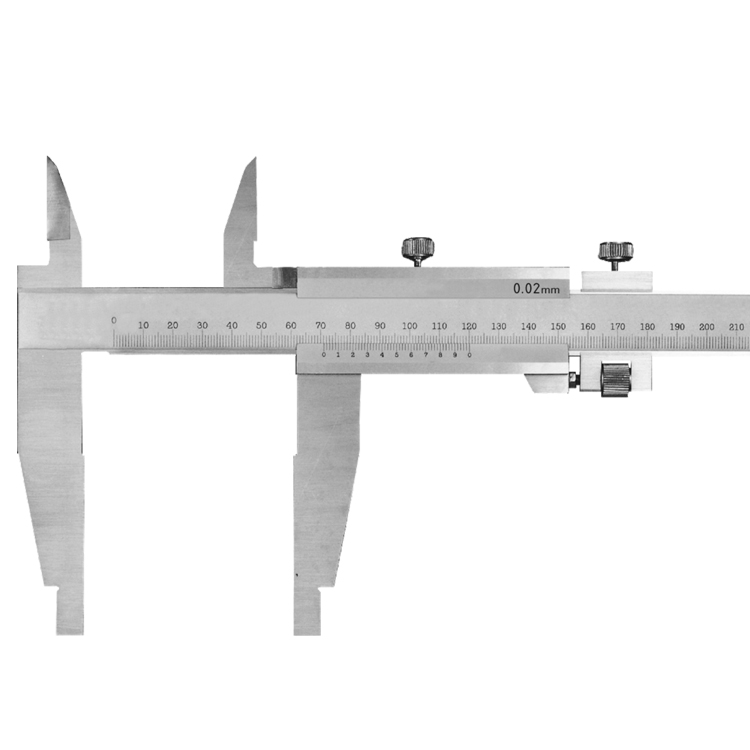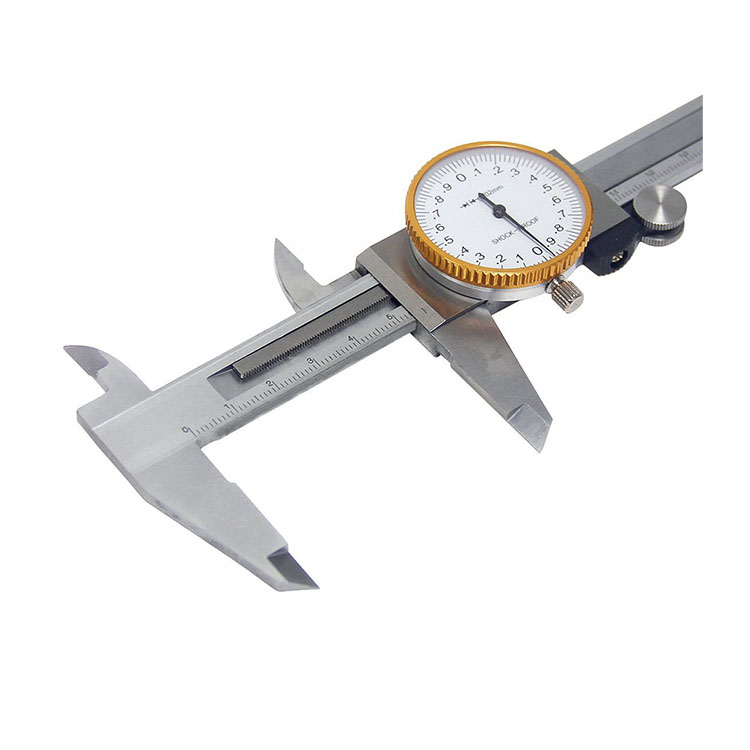digital depth gauge Manufacturer
Finding the right digital depth gauge manufacturer can be challenging. This guide provides a detailed overview of key considerations, top manufacturers, and factors influencing your purchasing decision. It helps you navigate the market and choose a reliable partner for your precision measurement needs.
Understanding Digital Depth Gauges
What is a Digital Depth Gauge?
A digital depth gauge is a precision instrument used to measure the depth of holes, slots, steps, and other recessed features. Unlike traditional analog gauges, digital depth gauges display measurements electronically on a digital screen, offering improved accuracy, repeatability, and ease of use. They are widely used in manufacturing, quality control, and inspection processes across various industries.
Key Features of a Quality Digital Depth Gauge
When selecting a digital depth gauge, consider these essential features:
- Accuracy: The gauge's ability to provide precise measurements. Look for specifications like ±0.001 inch or better.
- Resolution: The smallest increment the gauge can display (e.g., 0.0005 inch).
- Measuring Range: The maximum depth the gauge can measure.
- Units of Measurement: Ability to switch between inches and millimeters.
- Display: A clear, easy-to-read LCD screen.
- Data Output: Options for connecting to computers or data loggers (e.g., USB, Bluetooth).
- Durability: Robust construction to withstand industrial environments.
- Battery Life: Long battery life for extended use.
- Functions: Zero setting, hold function, tolerance setting.
Top Digital Depth Gauge Manufacturers
Choosing the right digital depth gauge manufacturer is crucial for ensuring quality and reliability. Here are some of the leading manufacturers in the industry:
Mitutoyo
Mitutoyo is a globally recognized leader in precision measuring instruments. Their digital depth gauges are known for their exceptional accuracy, durability, and advanced features. They offer a wide range of models to suit various applications and budgets. They're a common name you'll hear in any discussion of precision measurement tools.
- Pros: High accuracy, reliability, extensive product range, excellent customer support.
- Cons: Higher price point compared to some other brands.
Website: Mitutoyo
Starrett
Starrett is another well-established manufacturer with a long history of producing high-quality measuring tools. Their digital depth gauges are known for their ruggedness and ease of use. They provide precise depth measurements for various materials and are popular in machine shops and manufacturing facilities.
- Pros: Durable construction, user-friendly design, accurate measurements.
- Cons: May lack some of the advanced features found in Mitutoyo models.
Website: Starrett
Mahr
Mahr is a German manufacturer specializing in high-precision measurement equipment. Their digital depth gauges are renowned for their accuracy, reliability, and innovative features. They offer solutions for demanding applications in industries such as aerospace and automotive.
- Pros: Very high accuracy, advanced features, robust design.
- Cons: Higher price point, may be overkill for some applications.
Website: Mahr
Fowler High Precision
Fowler High Precision offers a comprehensive range of measuring instruments, including digital depth gauges. They provide a balance of quality and affordability, making them a popular choice for many users.
- Pros: Good value for money, wide product range, decent accuracy.
- Cons: May not be as durable or accurate as the top-tier brands.
Website: Fowler High Precision
Wayleading Tools
As a leading provider of precision measurement solutions, Wayleading Tools offers a range of digital depth gauges designed to meet diverse industrial needs. We pride ourselves on delivering reliable and accurate tools at competitive prices. Our gauges are designed for ease of use and durability, ensuring consistent performance in demanding environments.
- Pros: Competitive pricing, user-friendly design, reliable performance, good customer service.
- Cons: Less brand recognition compared to some established brands.
Website: Wayleading Tools
Factors to Consider When Choosing a Digital Depth Gauge Manufacturer
Accuracy and Resolution Requirements
The required accuracy and resolution of the digital depth gauge depend on the specific application. For high-precision tasks, choose a gauge with high accuracy and resolution. Refer to standards like ISO 1329 for guidance on accuracy requirements.
Application-Specific Needs
Consider the types of measurements you will be making. Do you need a gauge with a specific base shape or probe type? Does it need to be waterproof or resistant to specific chemicals? Are you measuring depths on metal or plastic parts?
Budget
Digital depth gauges range in price from a few hundred dollars to several thousand dollars. Set a budget and choose a gauge that meets your needs within that budget. Remember to factor in the cost of calibration and maintenance.
Warranty and Support
Choose a manufacturer that offers a good warranty and reliable customer support. This will ensure that you can get help if you have any problems with your gauge.
Calibration and Maintenance
Regular calibration is essential for ensuring the accuracy of your digital depth gauge. Follow the manufacturer's recommendations for calibration frequency. Clean the gauge regularly to remove dirt and debris. Store the gauge in a protective case when not in use.
Example: Comparing Digital Depth Gauges
Here's a comparison table of a few example digital depth gauges from different manufacturers:
| Manufacturer | Model | Measuring Range | Accuracy | Resolution |
|---|---|---|---|---|
| Mitutoyo | 547-211 | 0-5' (0-127mm) | ±0.001' | 0.0005' (0.01mm) |
| Starrett | 3752AZ-6/150 | 0-6' (0-150mm) | ±0.001' | 0.0005' (0.01mm) |
| Fowler | 0-6' (0-150mm) | ±0.0012' | 0.0005' (0.01mm) | |
| Wayleading Tools | WL-DDG-150 | 0-6' (0-150mm) | ±0.001' | 0.0005' (0.01mm) |
Conclusion
Choosing the right digital depth gauge manufacturer requires careful consideration of your specific needs, budget, and application. By understanding the key features, factors, and leading manufacturers, you can make an informed decision and ensure that you are getting a reliable and accurate instrument for your precision measurement needs. Consider the long-term cost of ownership, including calibration and maintenance, when making your final selection.
Disclaimer: The information provided in this article is for general guidance only and should not be considered professional advice. Always consult with qualified professionals for specific applications.
Related products
Related products
Best selling products
Best selling products-
 CCMT Turning Insert For Indexable Turning Tool Holder
CCMT Turning Insert For Indexable Turning Tool Holder -
 HSS Metric & Inch T Slot End Mill For Industrial
HSS Metric & Inch T Slot End Mill For Industrial -
 Precision IP54 Digital Outside Micrometer Of Inch & Metric With Data Output
Precision IP54 Digital Outside Micrometer Of Inch & Metric With Data Output -
 Type B Cylinder Tungsten Carbide Rotary Burr
Type B Cylinder Tungsten Carbide Rotary Burr -
 HSS Inch & Metric Single Angle Milling Cutter For Industrial With Bright Or TiN Coated
HSS Inch & Metric Single Angle Milling Cutter For Industrial With Bright Or TiN Coated -
 Inch HSS 1/2″ Reduce Shank Drill Bit For Metal Cutting Of High Precision
Inch HSS 1/2″ Reduce Shank Drill Bit For Metal Cutting Of High Precision -
 Adjustable Tap And Reamer Wrench For Thread Cutting Tools
Adjustable Tap And Reamer Wrench For Thread Cutting Tools -
 DIN338 HSS Twist Drill Bit Fully Ground Or TiN Coated
DIN338 HSS Twist Drill Bit Fully Ground Or TiN Coated -
 Metric HSS Annular Cutters With Weldon Shank For Metal Cutting
Metric HSS Annular Cutters With Weldon Shank For Metal Cutting -
 Precision Monoblock Vernier Caliper With Nib Style & Standard Style Jaws Of Metric & Imperial For Industrial
Precision Monoblock Vernier Caliper With Nib Style & Standard Style Jaws Of Metric & Imperial For Industrial -
 Precision V Block And Clamps Set With Customized Type
Precision V Block And Clamps Set With Customized Type -
 Precision Dial Caliper Of Metric & Imperial For Industrial
Precision Dial Caliper Of Metric & Imperial For Industrial











